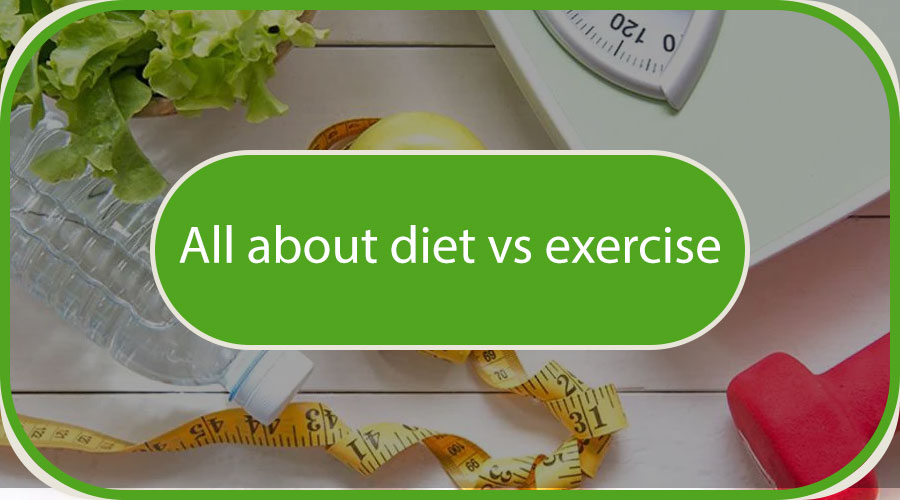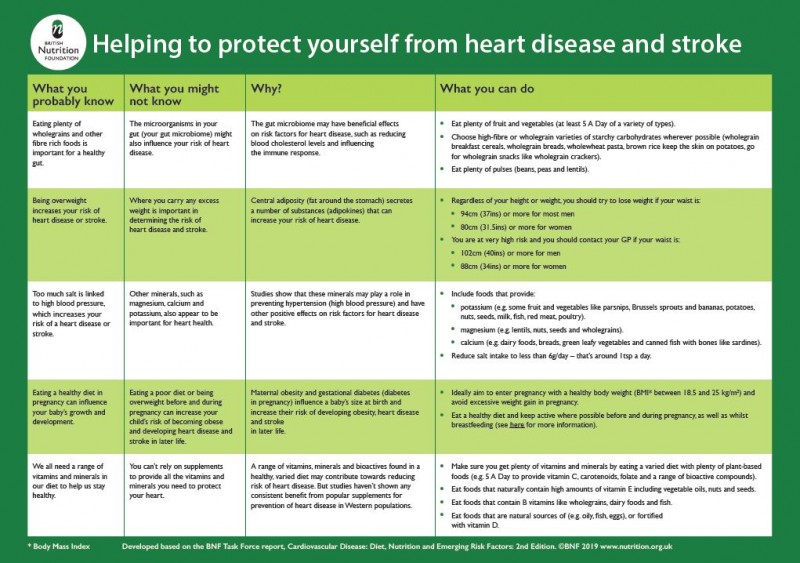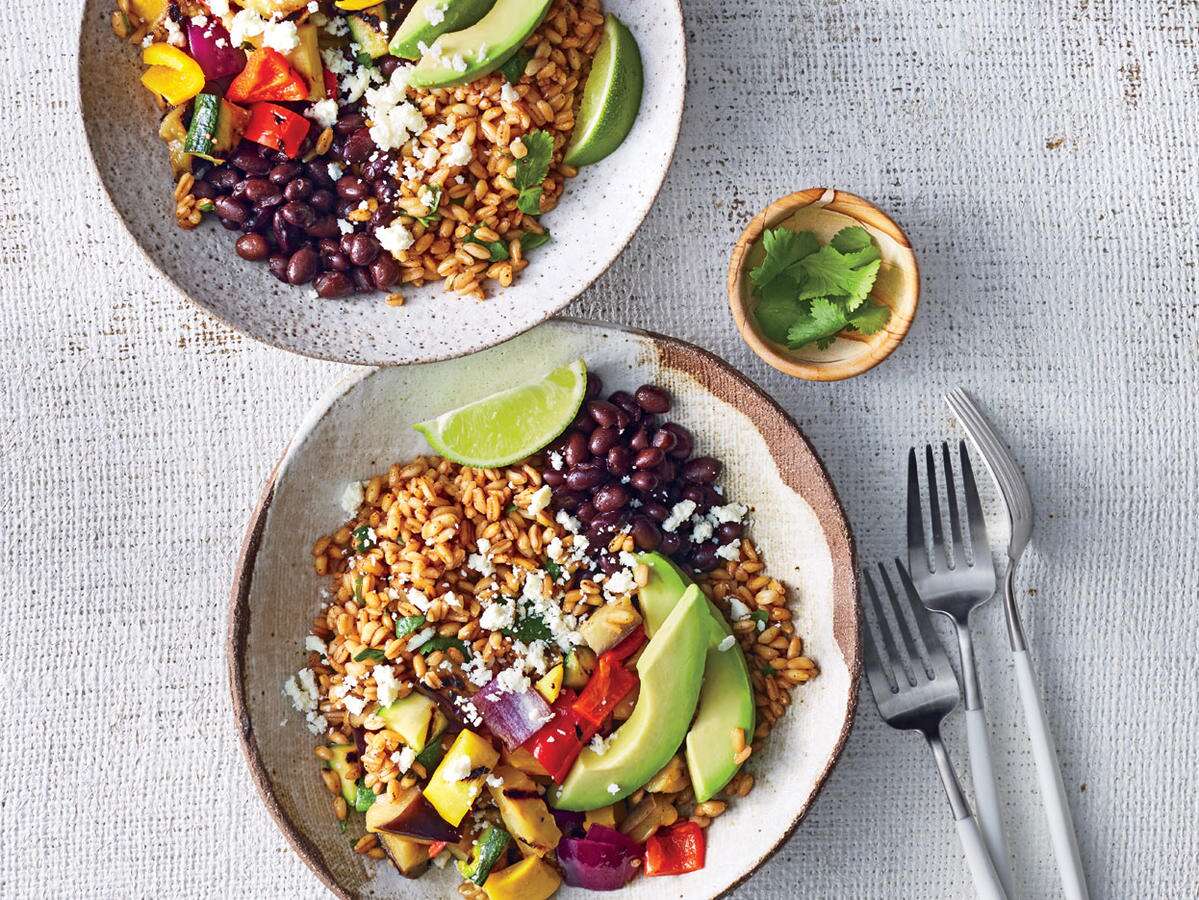
Health and Lifestyles is a representative study of the British public. It aims to determine the health status and lifestyles of the population. It was done between May and Juni 2009, and the results are widely reported. The data are used to determine the most effective health-care programs. The study included a large number of people, around half of them over 40. Participation in the Health and Lifestyles Study has many benefits.
This is the first ever large-scale survey of British lifestyles, health, and wellbeing. The survey's findings examine how lifestyle factors affect people's physical, psychological, and social well-being. This study provides important insight into the factors that affect health and lifestyles by taking into account the psychological and social context of an individual's lives and identifying patterns in health-related behavior. It is also useful in helping researchers to understand the causes and possible solutions for many common diseases.

Researchers studying lifestyles and health face two major challenges. The first is the ability to measure the impact of health behaviors on a community. The second is that the analytical methods used are not up to date with theoretical developments. Some studies use cluster or factor analysis but fail to test the causal hypotheses. These studies are nevertheless more extensive than other studies. A more detailed understanding of the relationship between health and lifestyles can help policymakers improve policies and promote healthy living.
The differences in lifestyles and health research focuses on these groups. Study results showed that children in the "safety issues" class had significantly lower behavior scores compared to children who were in "consistently positively" classes. The hypothetical child in "safety concerns" was equal or higher than the sample mean on all outcomes. The results showed that people in lower social classes and those from higher social status had healthier lifestyles than the rest of the population.
Numerous studies have found that there is a relationship between a healthy lifestyle, and the development of psychosomatic symptoms. This relationship varies depending on gender and country. The lower the symptoms, the healthier someone is. A healthy lifestyle led to a greater reduction in symptoms in boys from Greece and Ireland. These findings are vital for helping to improve the quality and life expectancy of children and teenagers. This study also demonstrates the importance of a healthy lifestyle, including exercise and nutrition.

Psychosomatic symptoms can be linked to a healthy lifestyle. This is complicated. It can vary by country and gender. The score for a healthy lifestyle is generally higher than the symptoms. In addition, the strongest relationship between healthy lifestyles (and psychosomatic symptoms) is seen in boys living in countries with healthier lifestyles. The findings vary from one place to the next. This study demonstrates the importance and value of regular physical activity in improving the quality of life.
FAQ
Do I have to do it every day?
No! Do at least 30 minutes of moderate intensity physical activity five days a week. It means you need to exercise hard enough or walk fast enough that you are slightly out-of- breath.
What is a good schedule for a 7-day work out?
A seven-day program should include three days of cardio training (running, biking and swimming), two strength exercise (using free weights or weight machines) and one flexibility/core work out (yoga, Pilates). Each activity should be done at least once per week. Each session should not take more than 45 mins.
Cardiovascular Exercise: Running/Biking/Swimming
Aim to do at least 60 minutes per week of cardio. Aim for 75 minutes per week to get the best results. Cardio exercises can increase blood flow and stimulate the growth of muscles.
Strength Training
Cardio exercises focus on the heart and lungs while strength training targets muscles and bones. Strength training helps you burn calories even while resting.
Flexibility and Core Workouts
Flexibility and core workouts are great ways to strengthen your entire body. Yoga and Pilates are both excellent choices.
Can I go to the gym seven days a week?
Yes, you can go to a gym seven days per week. But not all at once. You need to find a time that you are able to do this without feeling exhausted or drained.
This will help you remain motivated and have more energy to do other activities.
Also, ensure you eat healthy during these times. This will make it so you don't feel tired or sluggish while going to the gym.
And lastly, you need to ensure that there isn't anything else competing for your time. If you have children, it is a good idea to avoid going to school on the evenings as they can distract from your workout.
What's the Best Way to Lose Weight?
Losing weight is easier said than done. Many people give in to temptation because they don't know how to proceed.
But there are steps you can follow to shed extra pounds.
First, ensure you eat fewer calories that you burn. You will gain weight if you eat more calories than you burn.
To burn all those calories, you should also start exercising. You have many options, including walking, biking, dancing and jogging.
Third, stop smoking and drinking alcohol. These habits make it more likely that you will consume more calories than you would normally.
Fourth, you need to cut back on fatty foods and junk food. You can replace them by healthier choices such as fruits, vegetables or lean meats.
Fifth, it is important to make lifestyle changes and develop new habits. For example, you may need to get up early every morning to exercise before work.
Sixth: You must be disciplined, and you must follow your diet plan.
To burn extra calories, you can also join a gym or take an aerobics class.
Follow these simple steps and you'll soon start to see the results.
Statistics
- Are You One of the 20% of Guys (mh.co.za)
- 10 pounds in a month is likely during a lean bulking phase, especially for beginners. (muscleandstrength.com)
- By John Thompson Take a whopping 38% off a set of PowerBlock Pros. (menshealth.com)
- Cardmembers earn 5% Back at Amazon.com with a Prime Credit Card. (amazon.com)
- Candidates and applicants must pass all four tests at 70% (minimum level) to graduate from Basic Deputy U.S. Marshal (BDUSM) Training. (usmarshals.gov)
External Links
How To
What nutrients is a man supposed to consume daily?
Men require daily nutrition for healthy growth and development. The body needs vitamins, minerals as well as proteins, carbohydrates and fats.
The male body also requires specific nutrients at different times throughout the day. To give you an example, the body uses energy it receives from food to make hormones and antibodies. When you awake, protein is used by your body to build muscles or repair damaged tissue.
Your body uses the night to break down fat and store extra energy as glucose. Your body requires fewer calories, but still needs enough nutrients. If you feel hungry, you can have a snack in the evening.
You need to eat enough carbs and protein when you exercise. You may feel sore muscles if you exercise hard.
You must ingest carbs and protein within two hours of training to prevent this. Your body will use stored glycogen to produce glucose for energy.
In addition, you must consume protein immediately after completing your workouts. This will prevent muscle tissue from being damaged while you sleep.
Lactic acid is produced by the body during periods of intense exercise. It builds up in your bloodstream, which can lead to fatigue. To avoid this, you should eat foods rich in carbohydrates, such as fruits and vegetables.
Carbohydrates give your body the energy it needs to recover from strenuous exercise.
A healthy diet should include lean meats such as fish, eggs and milk, cheese, yogurts, beans, seeds, nuts, and beans.
All of these foods have high-quality protein. Protein helps to repair and grow muscles. Protein also supplies the amino acids your body requires to make sex hormones, such as testosterone.
To maintain healthy skin, hair, and joints, you also need sufficient dietary fats. Healthy men require between 20% and 35% of total caloric intake from fat.
Fat is good for your heart and helps you fight cancer. It keeps your brain healthy and functioning well.
Vegetable oils such as sunflower oil and soybean oil can provide most of your fat needs.
These oils are high-in monounsaturated, unsaturated fatty acid (MUFAs). MUFAs help lower cholesterol and reduce inflammation. They protect your cells from damage by free radicals.
Saturated fats are found in animal products including meat, dairy products, butter and other dairy products. SFAs raise LDL ("bad") cholesterol and increase triglycerides. They are also good for weight loss and belly fat.
Plant-based fats such as vegetable oils, seeds, nuts and grains contain polyunsaturated (PUFAs). PUFAs are good for your heart health and help to reduce inflammation. They can also control blood sugar levels and cholesterol.
Low HDL ("good") cholesterol can lead to erectile problems in men. Saturated fats are a major source of bad cholesterol. This lowers good cholesterol.
Because of the high levels of nitrates in red meat and pork, men with prostate problems may eat more of them. When heated, nitrates are converted to nitrosamines. These compounds cause cancer.
Most processed meats contain nitrites or other harmful chemicals. They should be avoided.
The American Heart Association recommends that you limit your intake of red meat to 2 per week. Instead, opt for poultry, fish, legumes and tofu as well as whole grains bread and cereals.